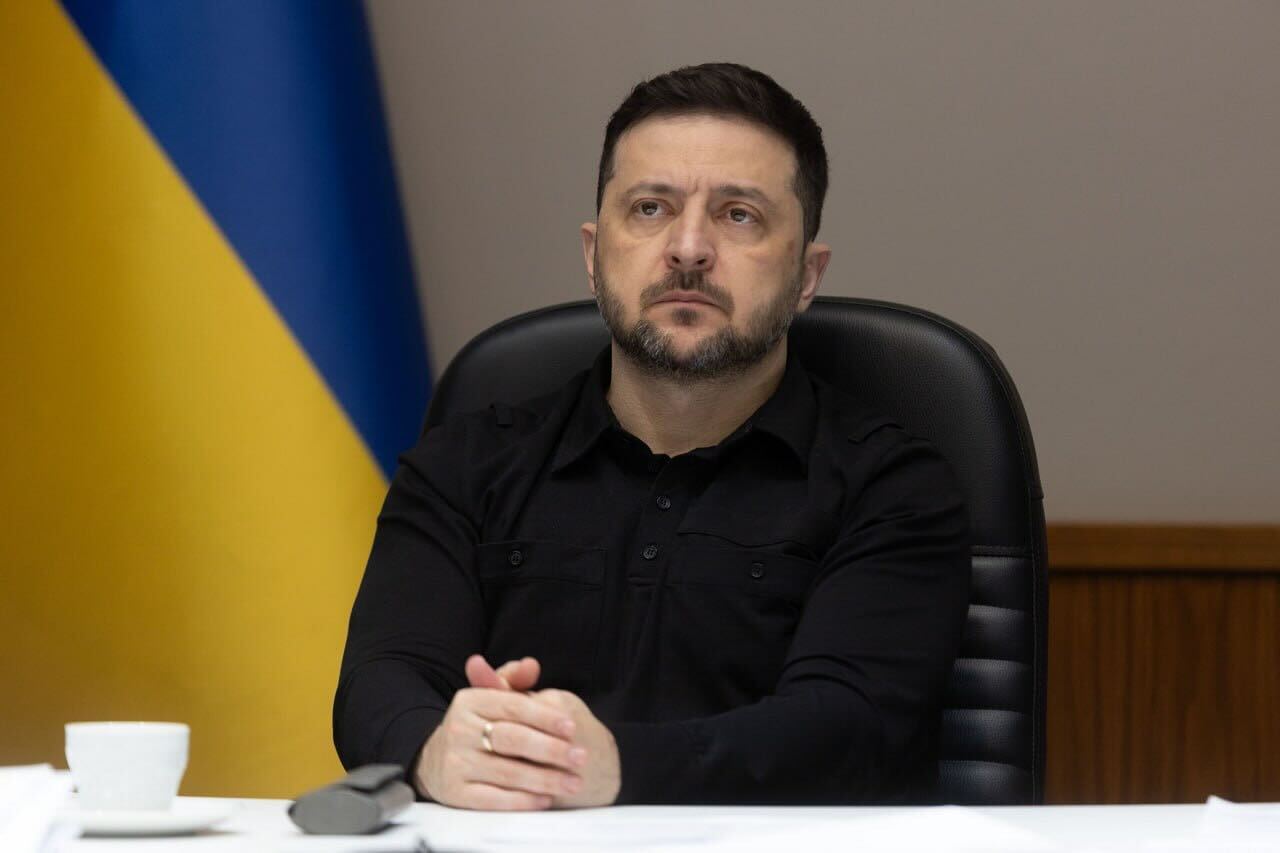Brief the Electors
In less than a week, members of the Electoral College will cast their votes. Ten of them have written James Clapper, the Director of National Intelligence, to ask for a classified briefing to review the issue of foreign influence in the election.
Published by The Lawfare Institute
in Cooperation With

In less than a week, members of the Electoral College will cast their votes. Ten of them have written James Clapper, the Director of National Intelligence, to ask for a classified briefing to review the issue of foreign influence in the election. The Office of the Director of National Intelligence (ODNI) should provide the briefing to the electors who have requested it. Put simply, the electors have a need to know.
The Intelligence Community can give such briefings on a one-time basis, based on a simple nondisclosure agreement that does not require a months-long background investigation. Intelligence briefings are provided routinely to mayors, chiefs of police, and governors when there is classified information about terrorist threats. When I worked for the ODNI, I briefed members of Congress on surveillance programs when such information was relevant to upcoming votes.
The electors made their request after the Washington Post reported that the CIA has briefed lawmakers on its assessment regarding Russian hacking of the Democratic National Committee, Hillary Clinton’s campaign manager, and other Democrats. In its story, the Post quotes an anonymous official who says the Intelligence Community’s conclusion was that “Russia’s goal here was to favor one candidate over the other, to help Trump get elected.”
Like many things about the 2016 election, this development is unprecedented. Electors could reasonably decide that a conclusion by the nation’s intelligence community that a foreign power sought to intervene in the democratic process in order to favor a particular candidate, and that this operation was a successful one, is a relevant factor in how they cast their votes on Monday.
Electors should not have to rely on anonymously sourced news reports. If our national security can withstand a background briefing to Washington Post or New York Times reporters, or a classified briefing to members of Congress, it can also withstand giving duly elected officials of the Electoral College the information they need to discharge their duties.
The Intelligence Community is experienced with tailoring briefings to different audiences and need not provide electors with the most sensitive details. While a briefing should protect sources and methods, it should be specific enough so that electors may make an independent judgment about what intelligence analysts know about foreign hacking, why they think it is the Russians (and not “some guy in New Jersey”) and why they have concluded the purpose was to elect Donald Trump, and not simply to cause mischief. If agencies disagree on their conclusions, that should be made transparent as well.
Some who object to the idea that the electors should consider Russian hacking might argue that voters already had a chance to consider this issue when they voted. It is true that on October 7, the ODNI and Department of Homeland Security issued a public statement saying the Intelligence Community “is confident” the Russian government was behind the hacking of e-mails and other documents that were posted to DCLeaks.com and Wikileaks. The statement further stated that the Intelligence Community “believes” that “only Russia's senior-most officials could have authorized these activities.” However, while the statement concluded that Russia’s purpose was to “interfere” with the election, it did not include the explosive conclusion that Russia’s covert campaign was designed to aid Trump’s election, and this difference is a material one.
Others might argue that because electors are pledged to vote for a particular candidate and are elected on that basis, it is always improper for them to exercise independent judgment. Some states even penalize electors for doing so. While this is a reasonable view of the role of electors under the Constitution, it is not the only view. The Intelligence Community should not take sides on the issue of so-called “faithless electors.” By providing a briefing only to electors who request one, the intelligence community remains neutral on this question.
By way of background, the ten electors who have asked for a classified briefing do not argue that electors should always follow the popular vote, nor do they maintain that an Electoral College victory is somehow not legitimate. They eschew the pejorative term “faithless electors,” preferring to call themselves “Hamilton electors.” The reference is to Federalist No. 68, written by Alexander Hamilton.
Hamilton defends the Constitution’s peculiar process for selecting a president, arguing that “if the manner of it be not perfect, it is at least excellent.” Modern scholars have largely sided against the hero of Lin-Manuel Miranda’s musical on this issue. Most agree with Trump’s 2012 tweet—the Electoral College is a “total sham and a travesty.” Many say it is an eighteenth-century relic, designed mainly to give extra power to the slaveholding south. Of course, relic or not, it is still our system.
One reason Hamilton gives in favor of the Electoral College is that it will guard against foreign influence in the selection of the president. Hamilton explains that it would be too difficult, as a logistical matter, for a foreign power to corrupt a temporary body that is chosen for one purpose, never meets in one place, and immediately ceases to exist.
The Hamilton electors interpret this as providing them a special duty to exercise independent judgment to fulfill the Electoral College’s purposes as expressed in Federalist No. 68. While this is a debatable point, there is a certainly support for the general point that the Framers intended the electors to engage in “deliberation.” Hamilton argued this means they must “possess the information and discernment requisite to such complicated investigations” required in the selection of a president. Under these extraordinary circumstances, the Intelligence Community has an obligation to provide such information.
To the extent that the Hamilton electors seek to change the outcome of the election, they have little chance of success. While Donald J. Trump lost the popular vote by almost three million votes, he has a comfortable margin of 306-232 in the Electoral College. For Trump to lose the electoral vote, 38 Republican electors would need to switch. There is only one Republican elector who has publicly made common cause with the Hamilton electors.
While a briefing almost certainly will not affect the outcome of the electoral vote, that does not lessen the duty to provide one. The Intelligence Community offers briefings to members of Congress specifically so that their votes—on war, on budgets, and on legislation—will be informed, even if the outcome is a foregone conclusion. Electors, too, have a need to know. To be more precise, some electors believe they have a need to know, and because they are not obviously wrong in that judgment, the Intelligence Community has an obligation to make sure they have the information they have requested in a timely fashion.


-(1).jpg?sfvrsn=b91ff6a6_7)

.jpg?sfvrsn=ca10a5c_7)
